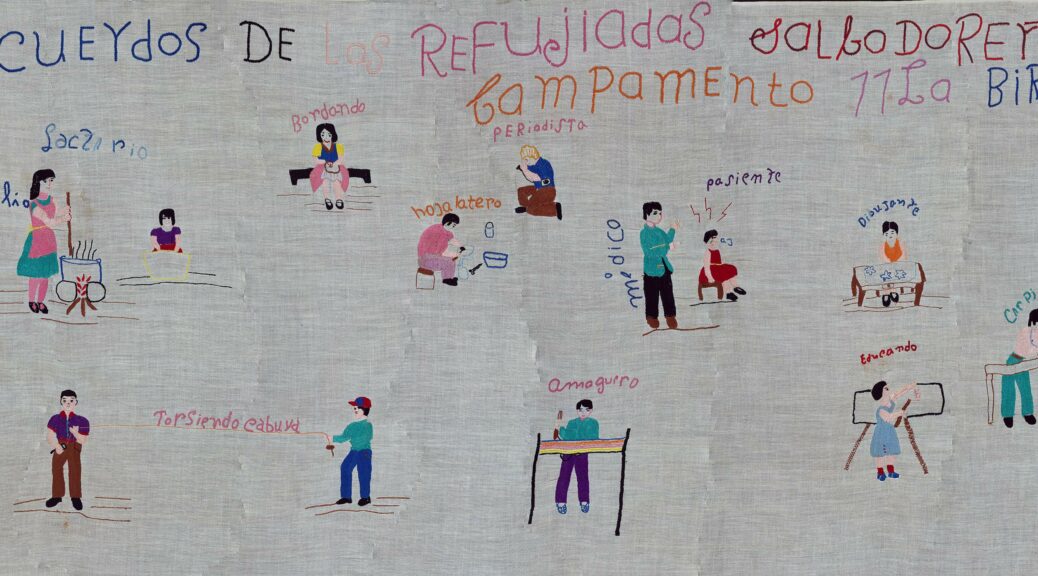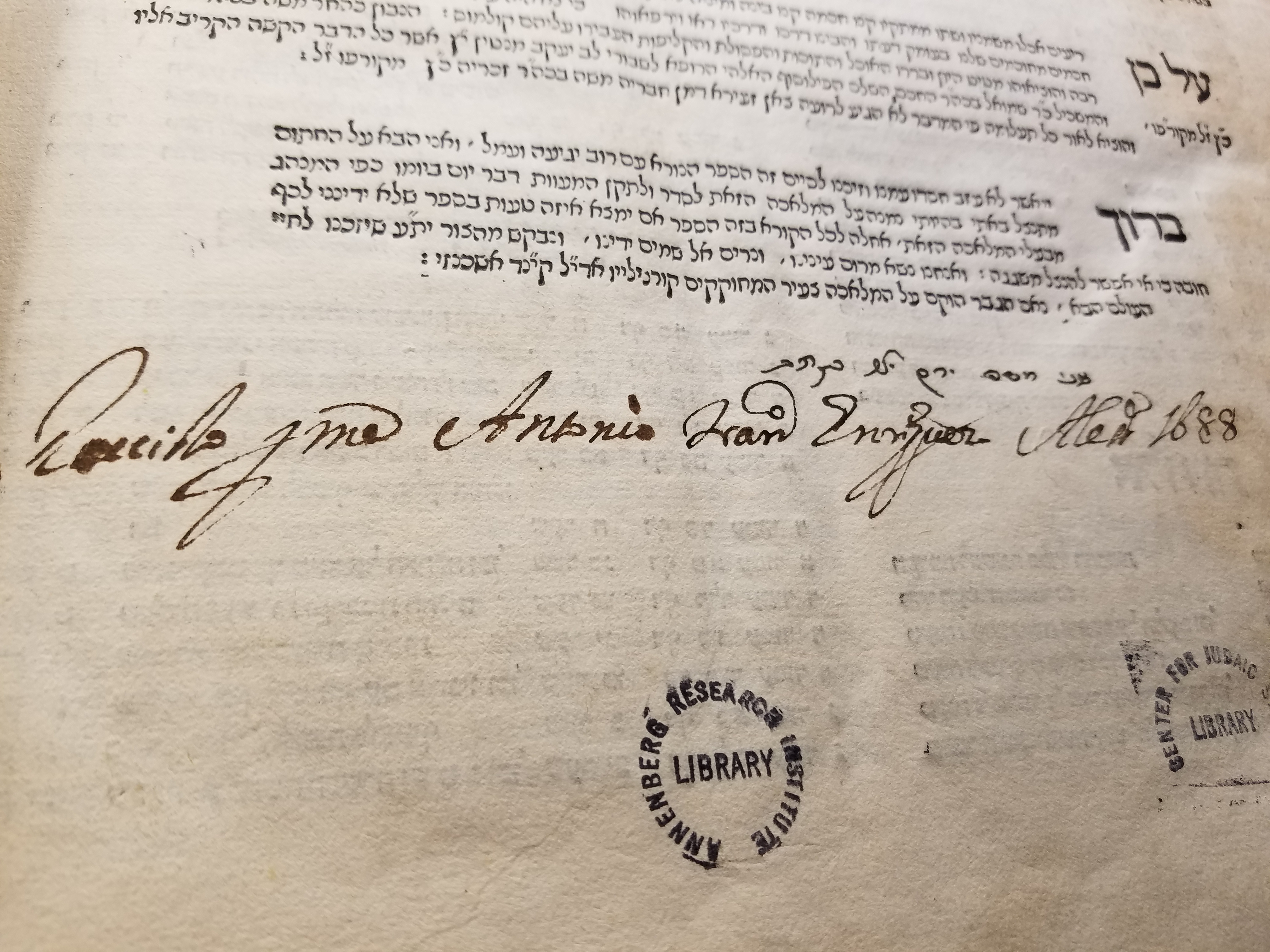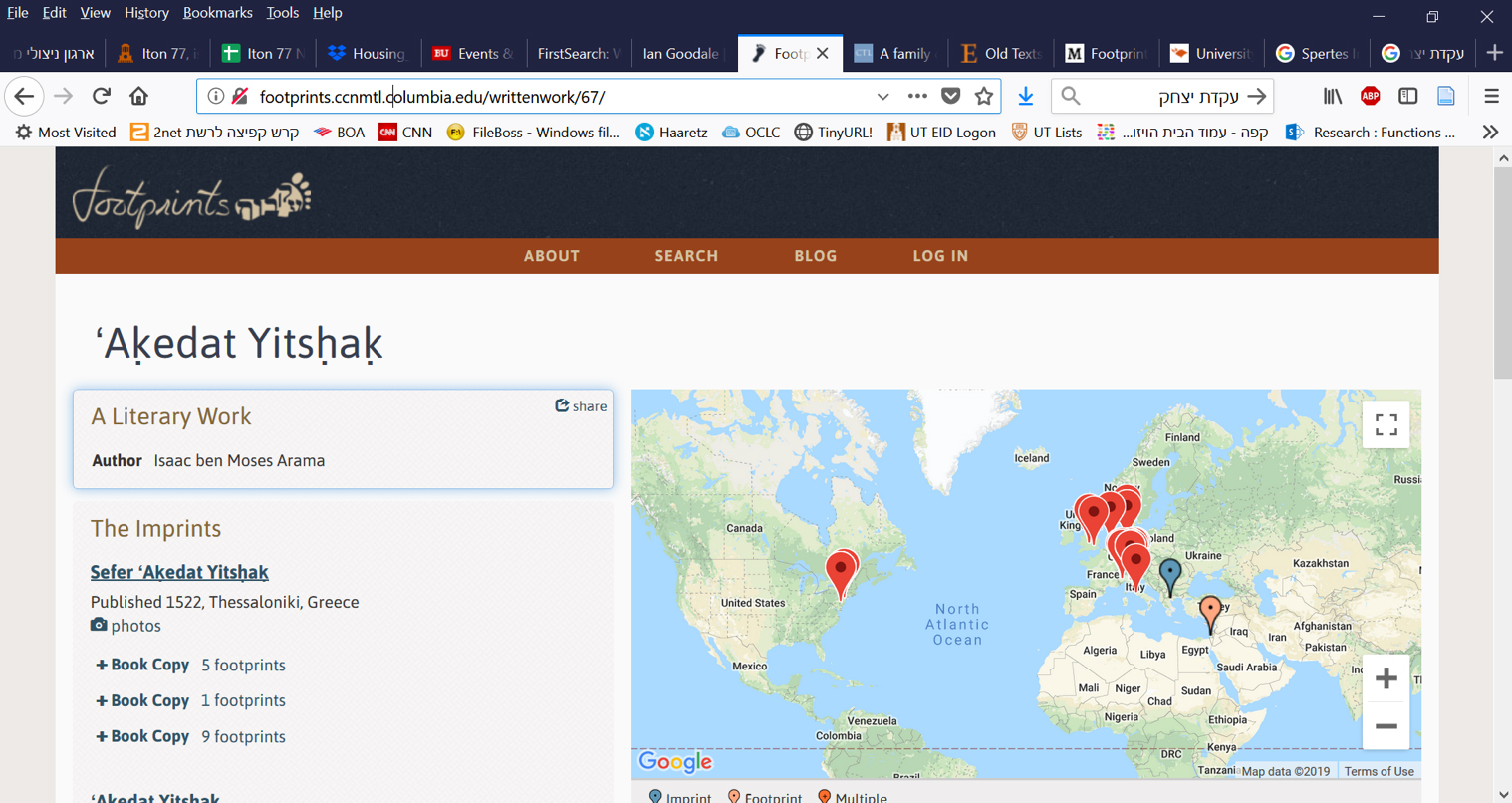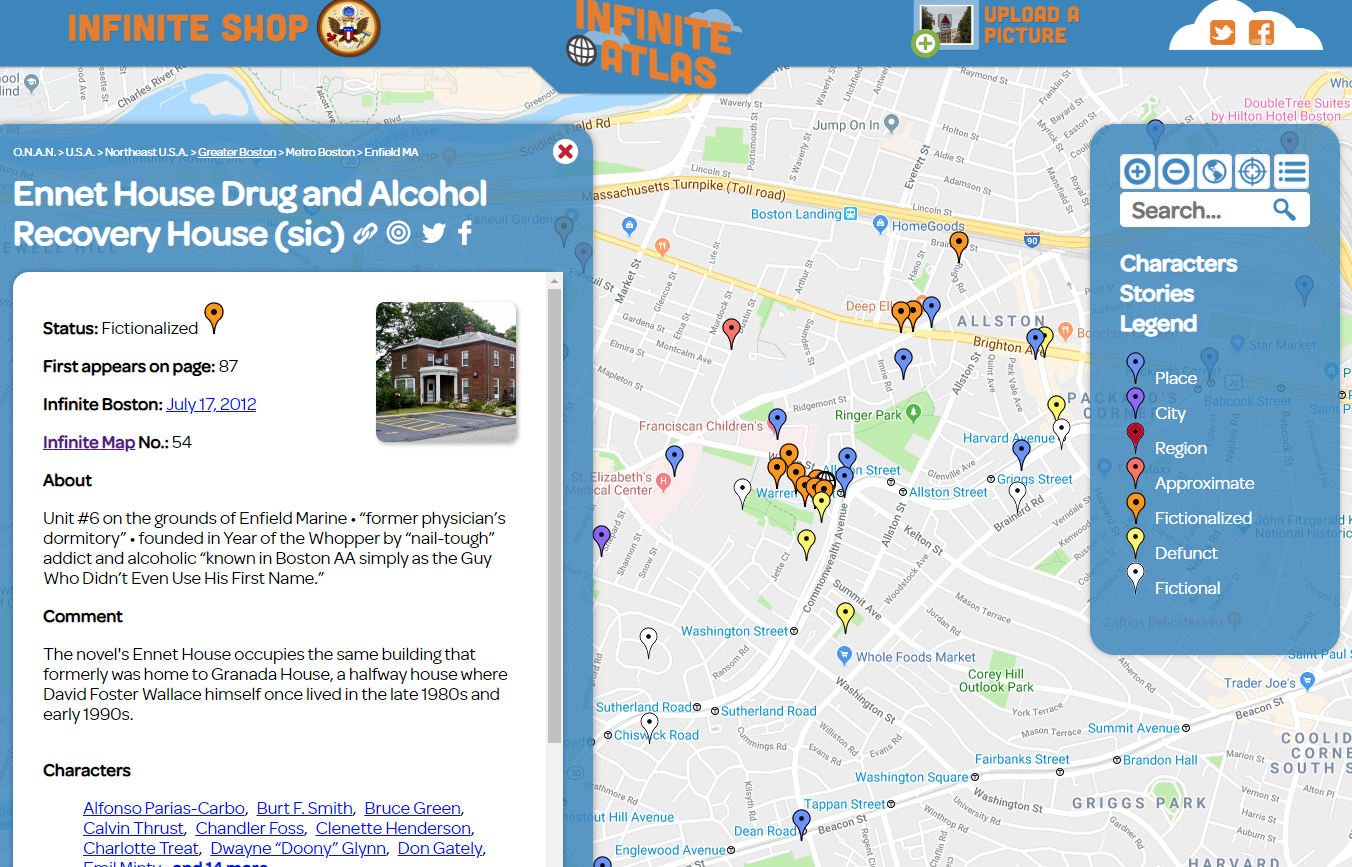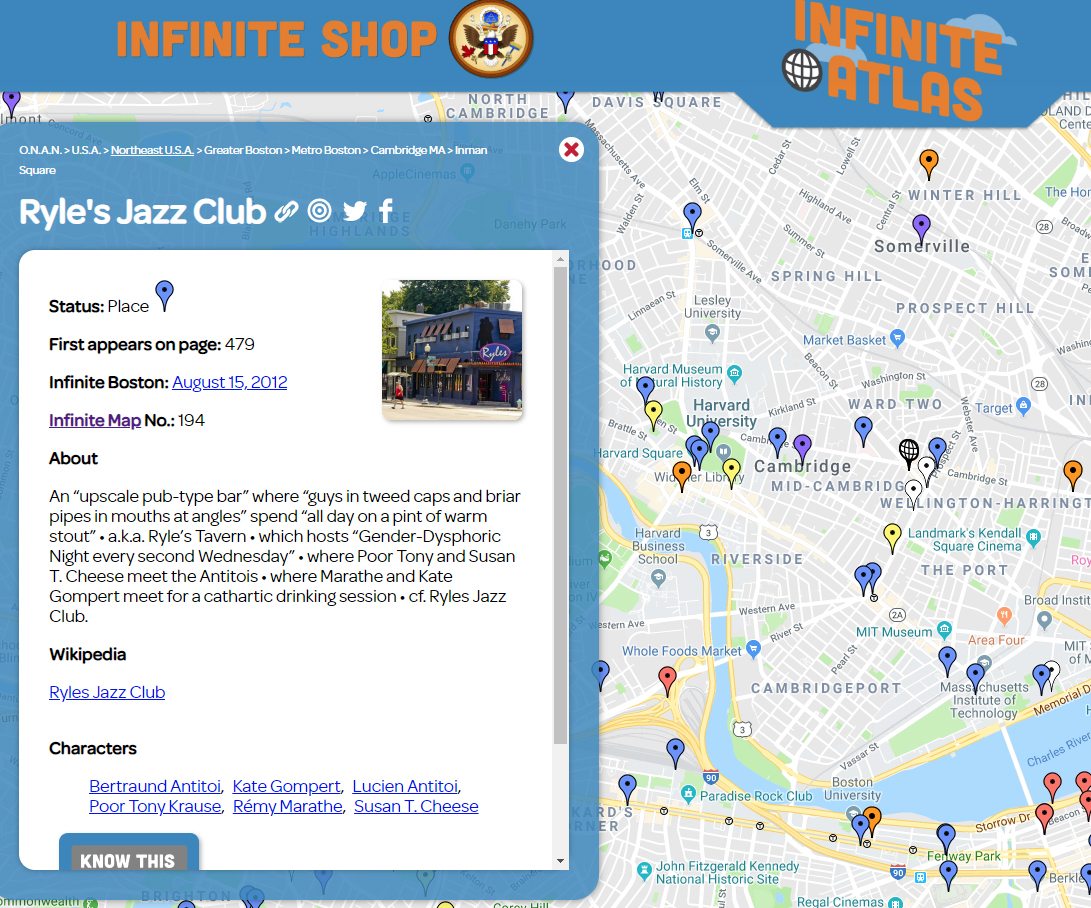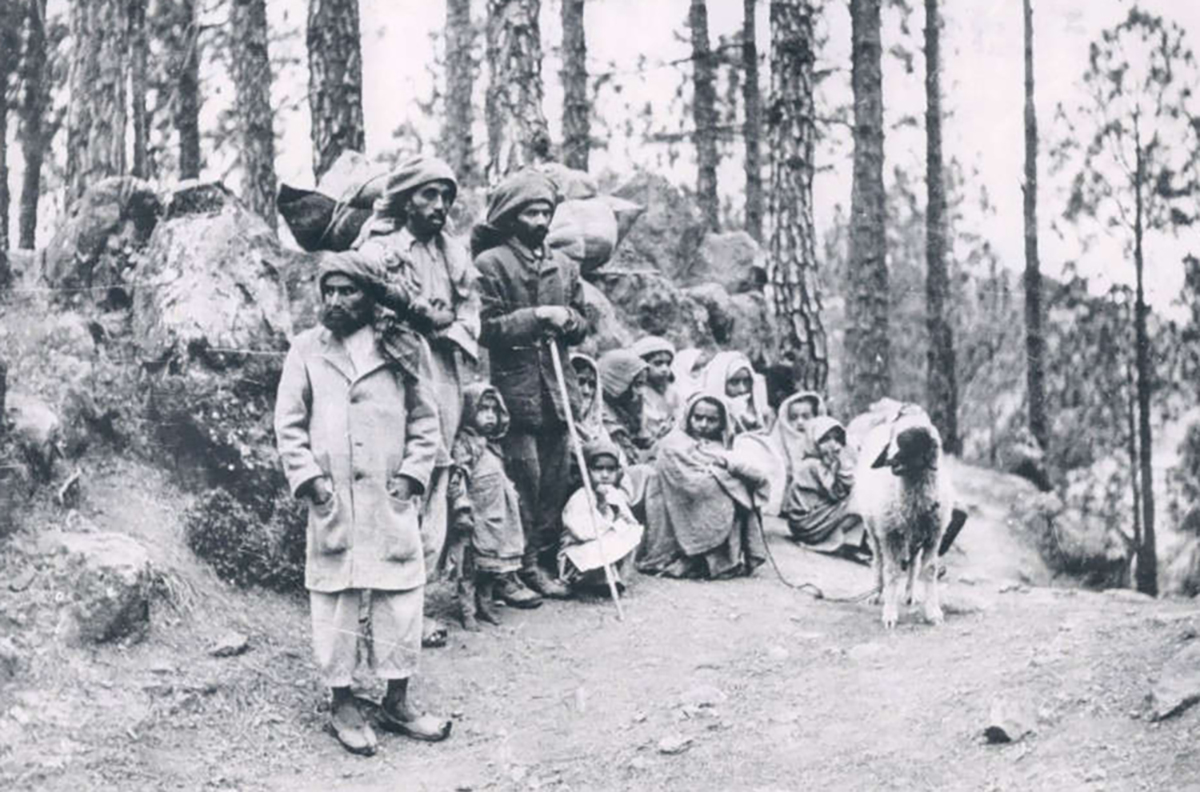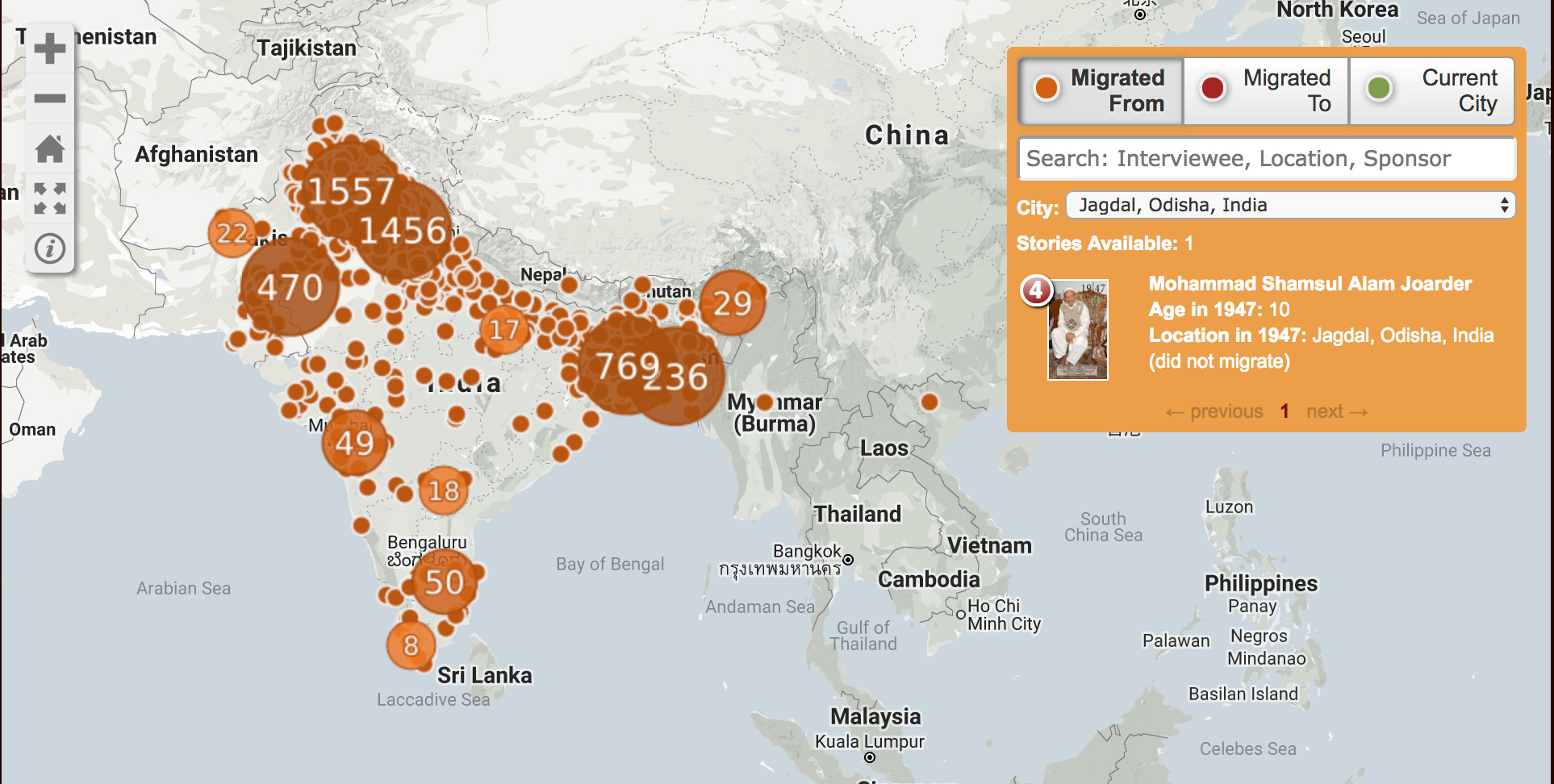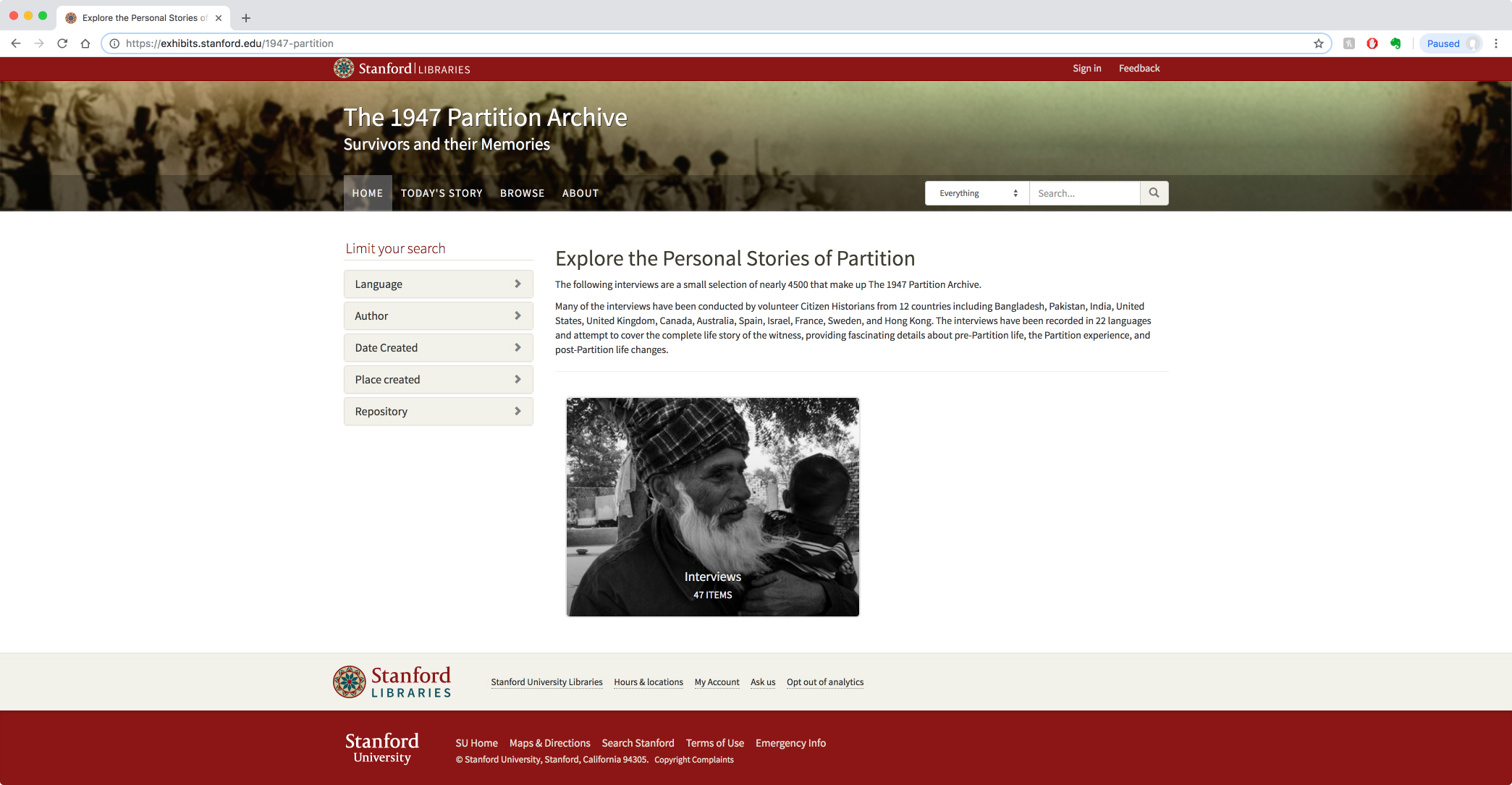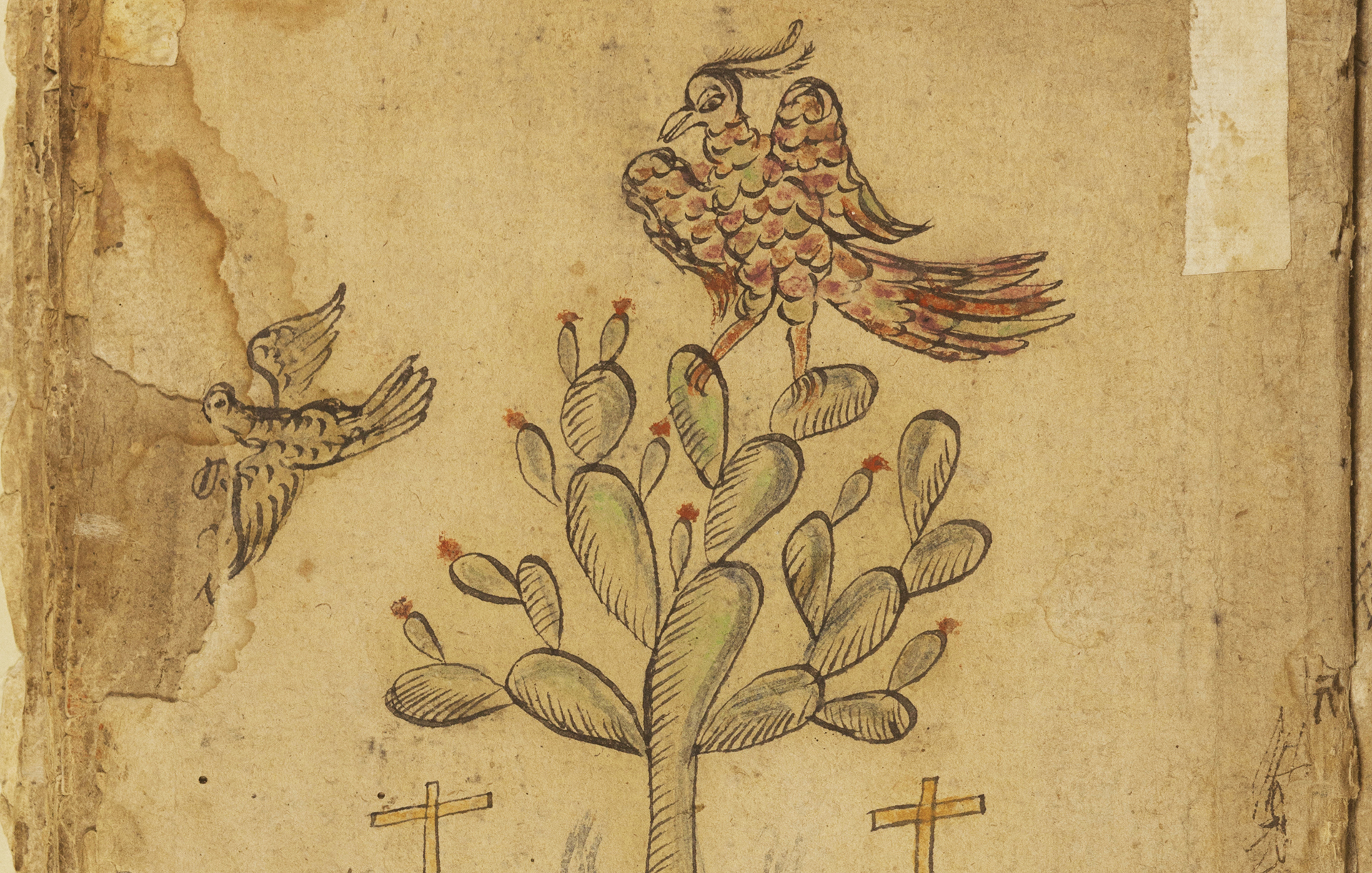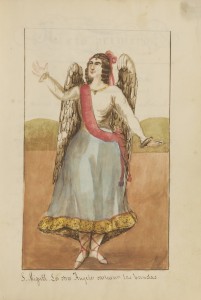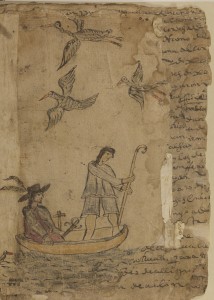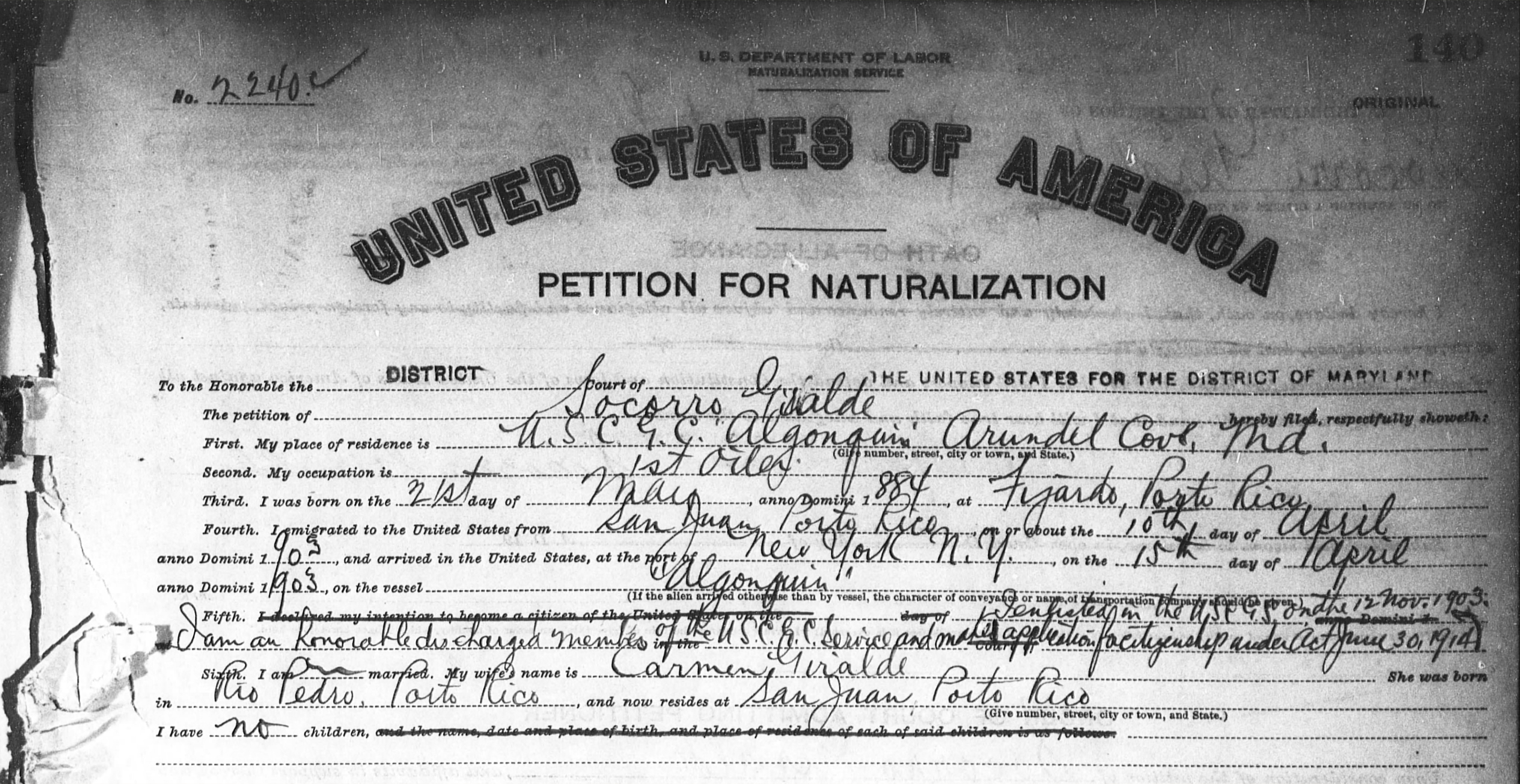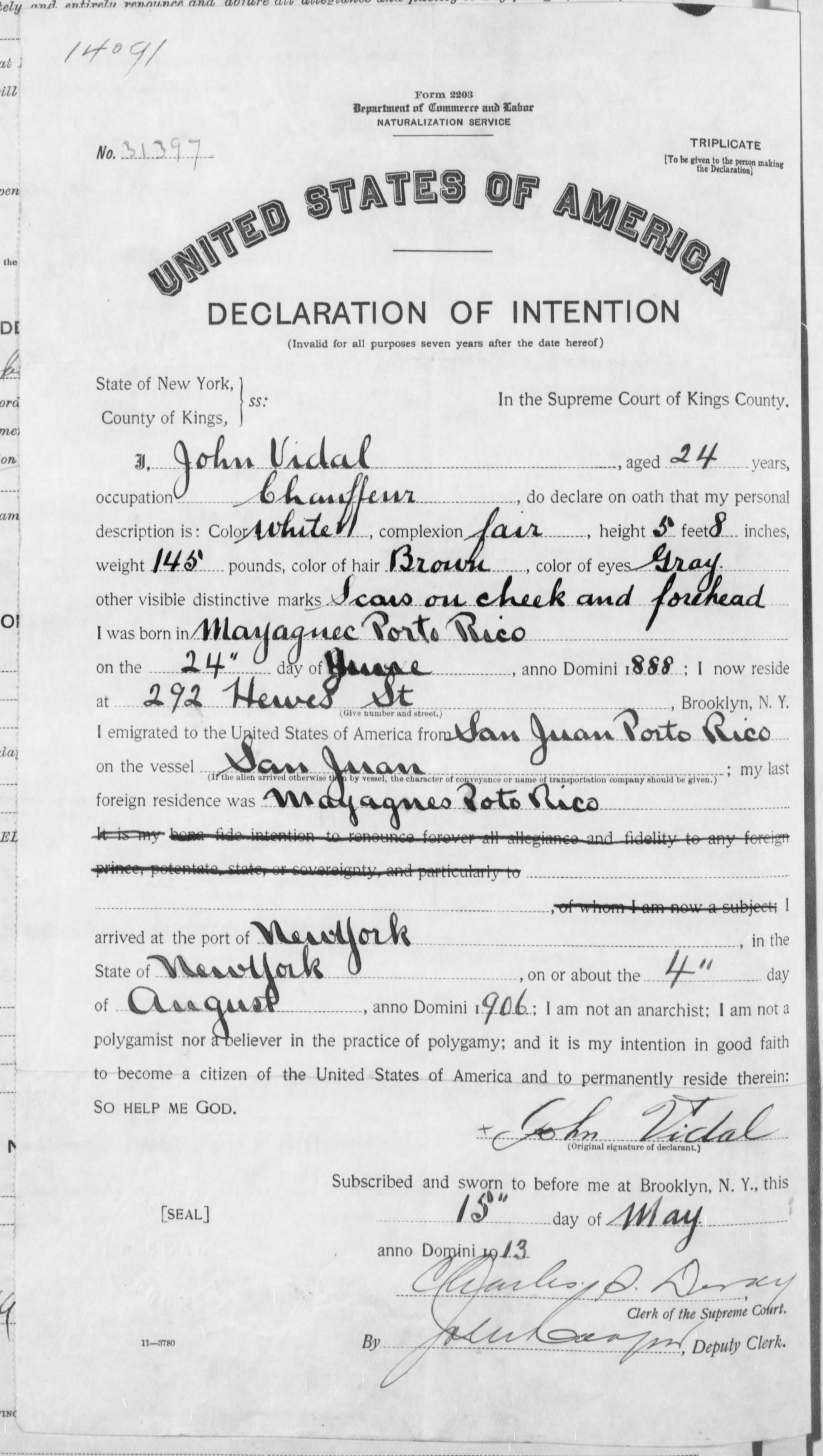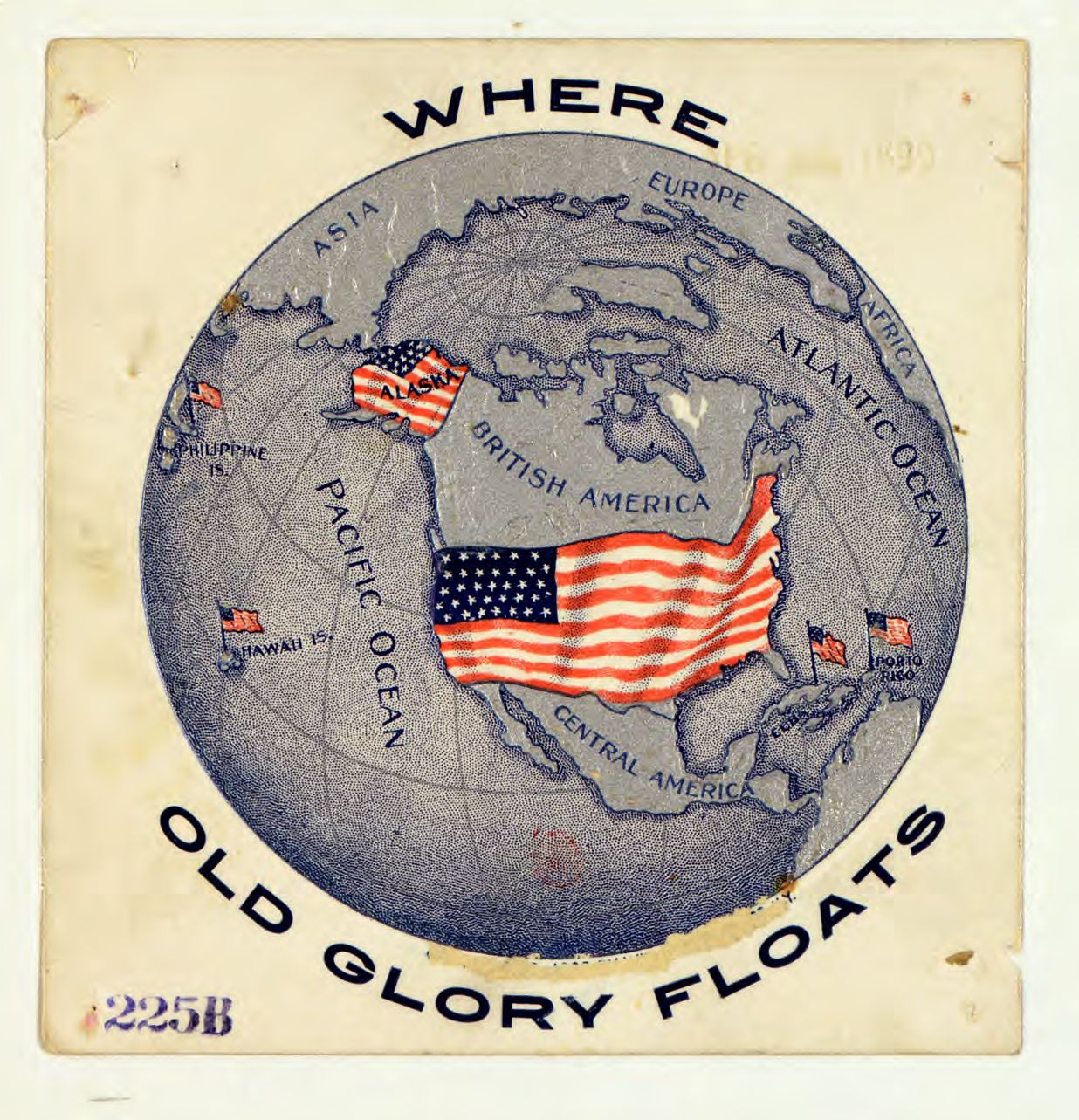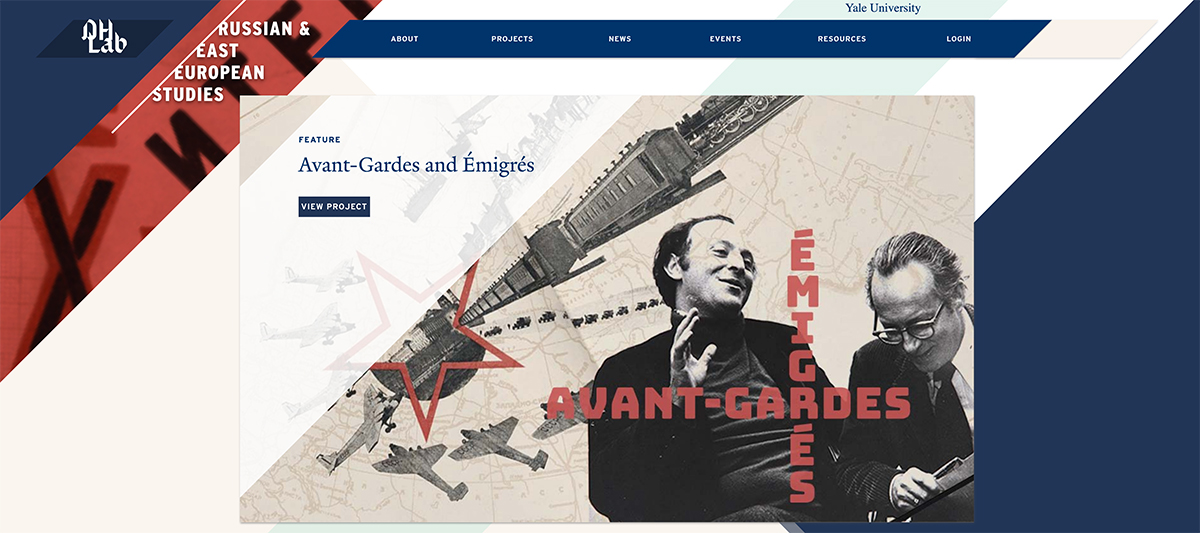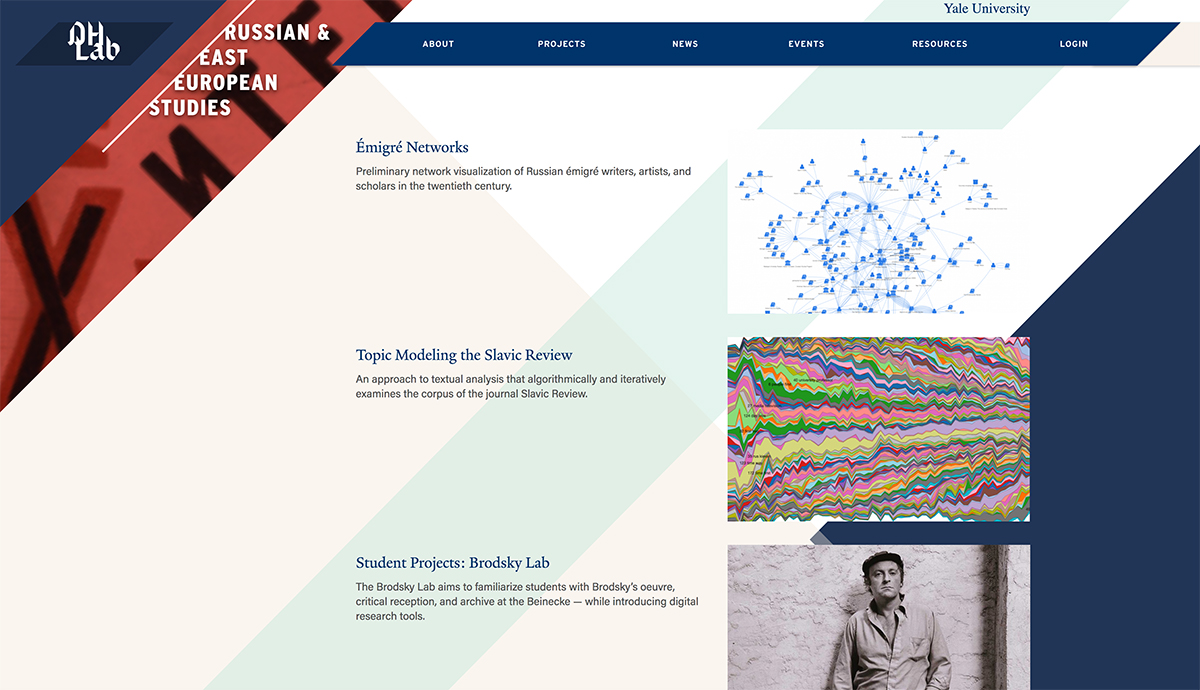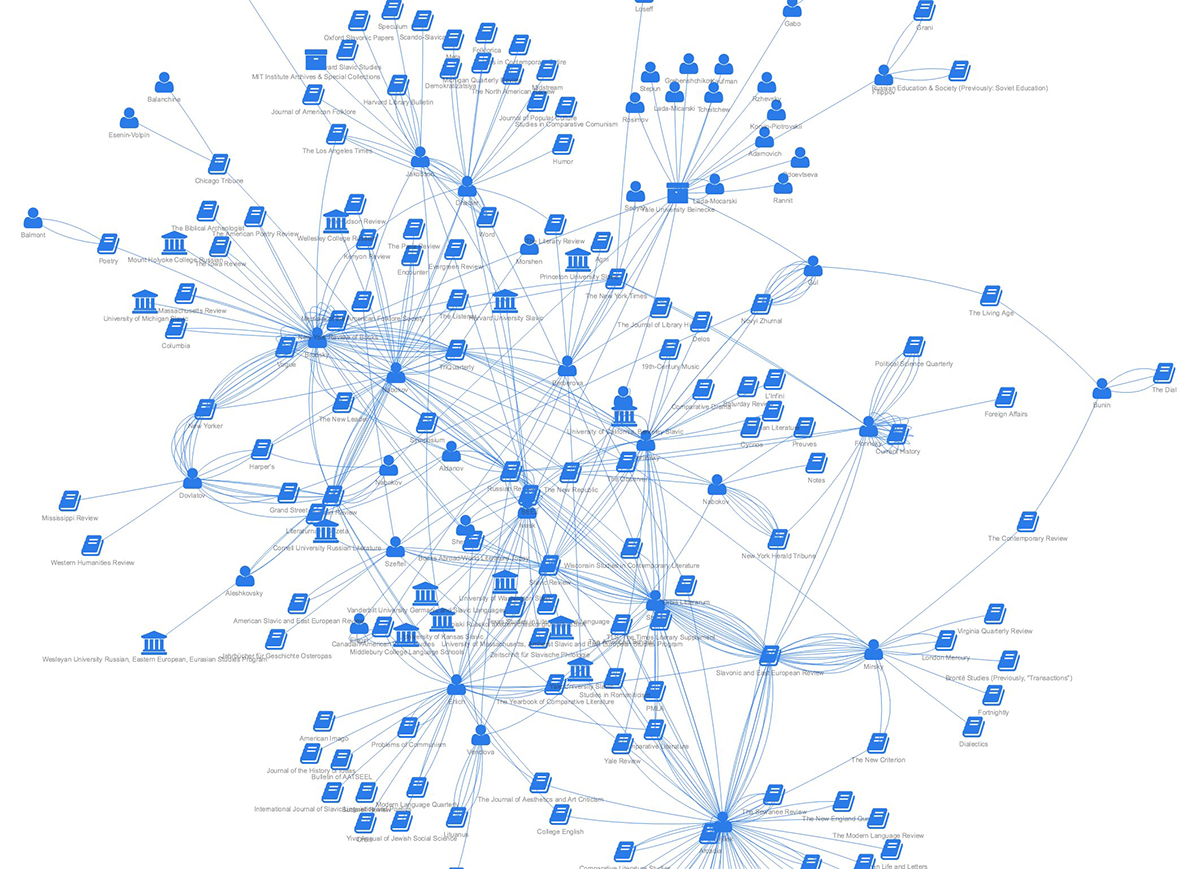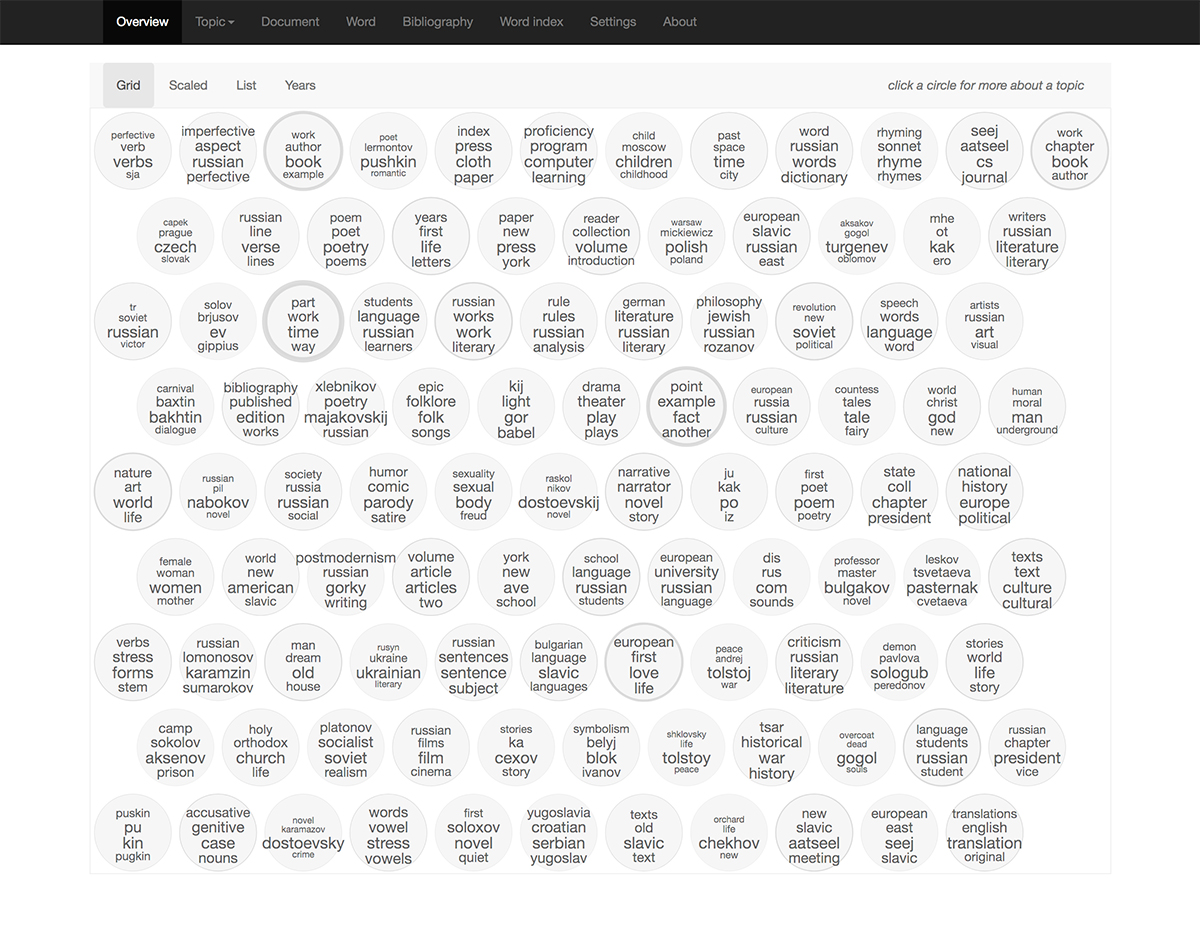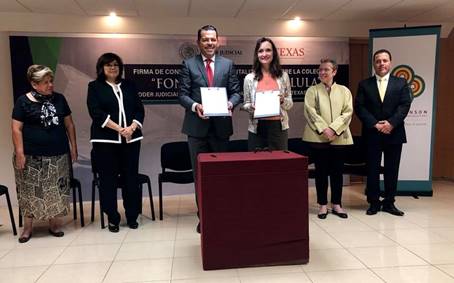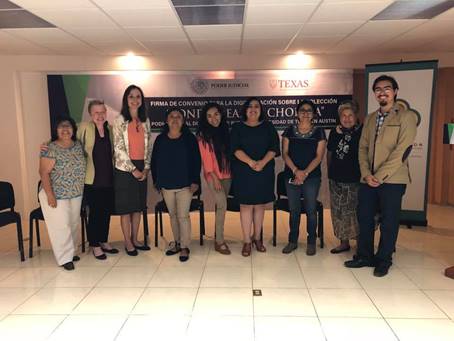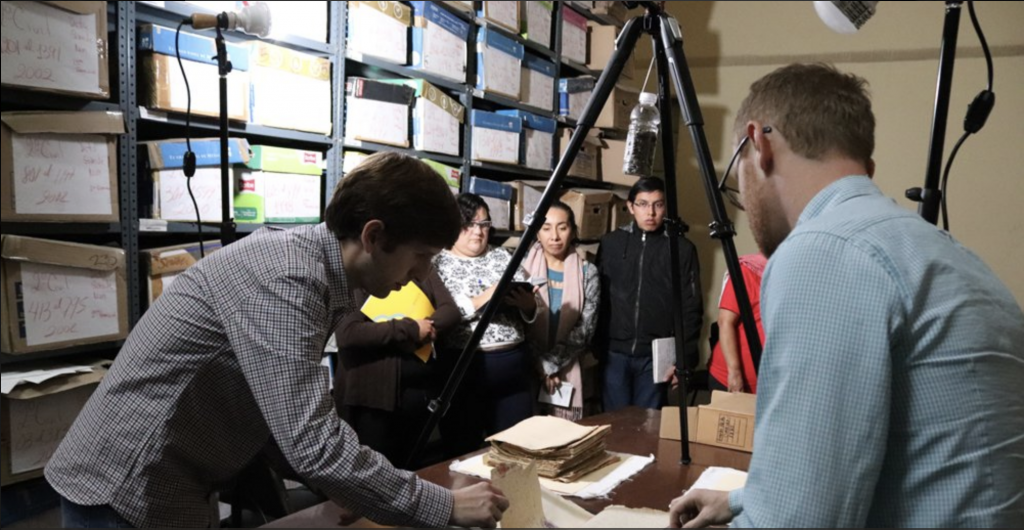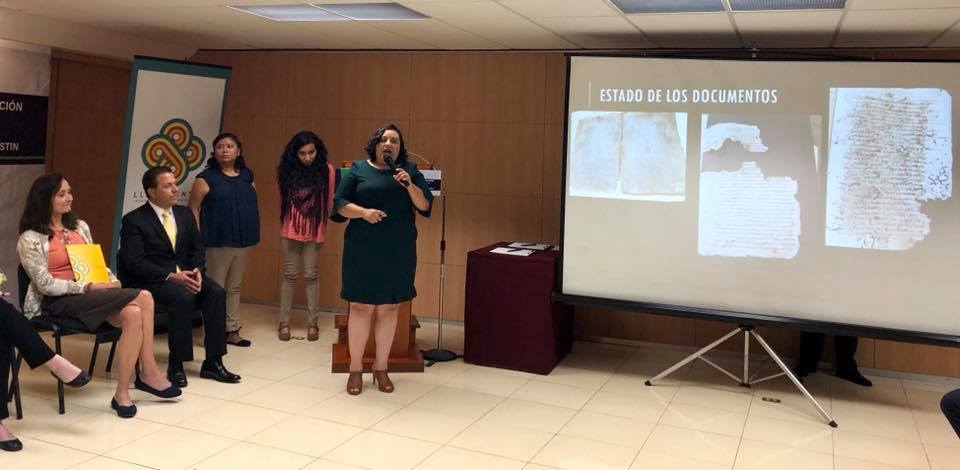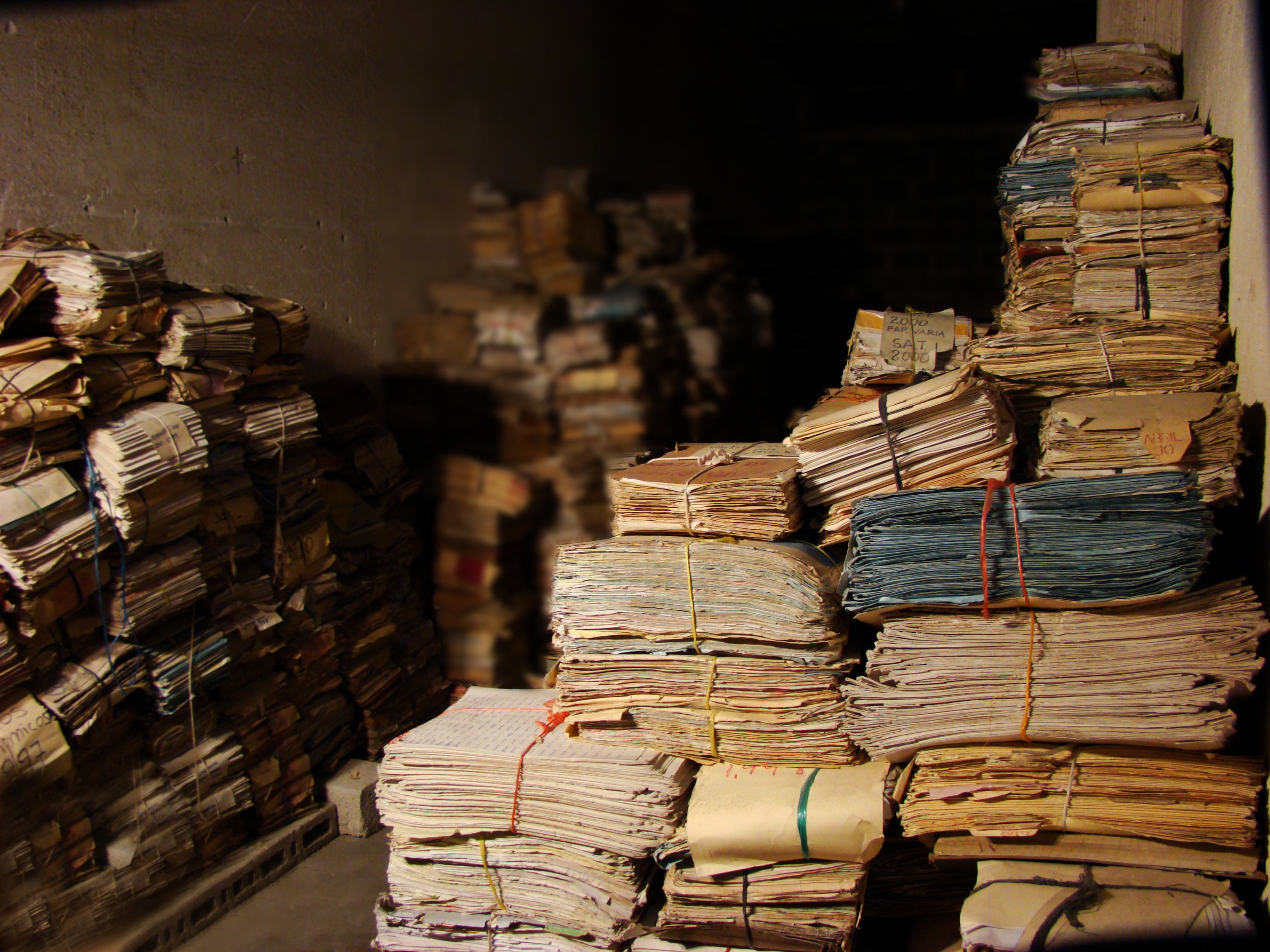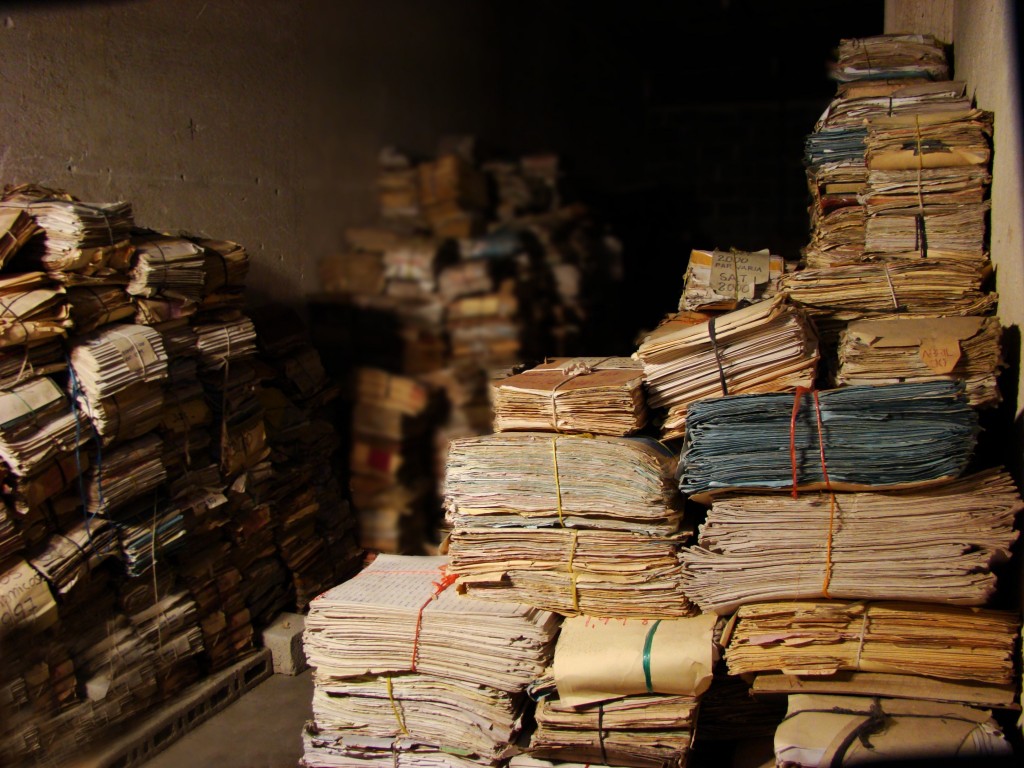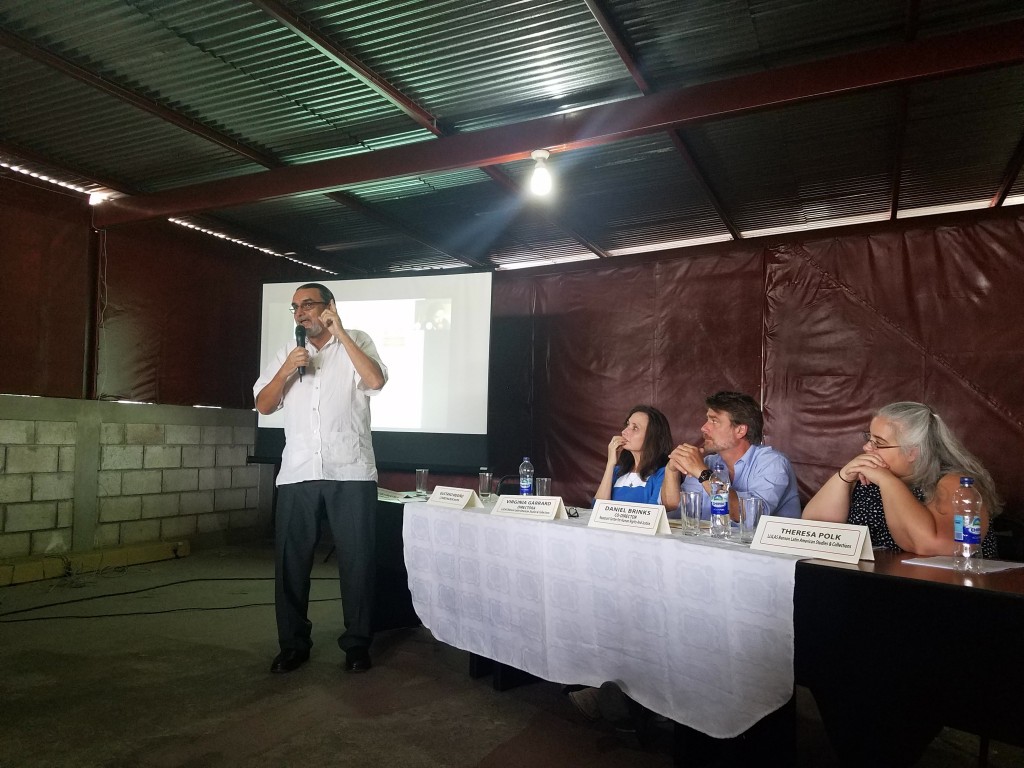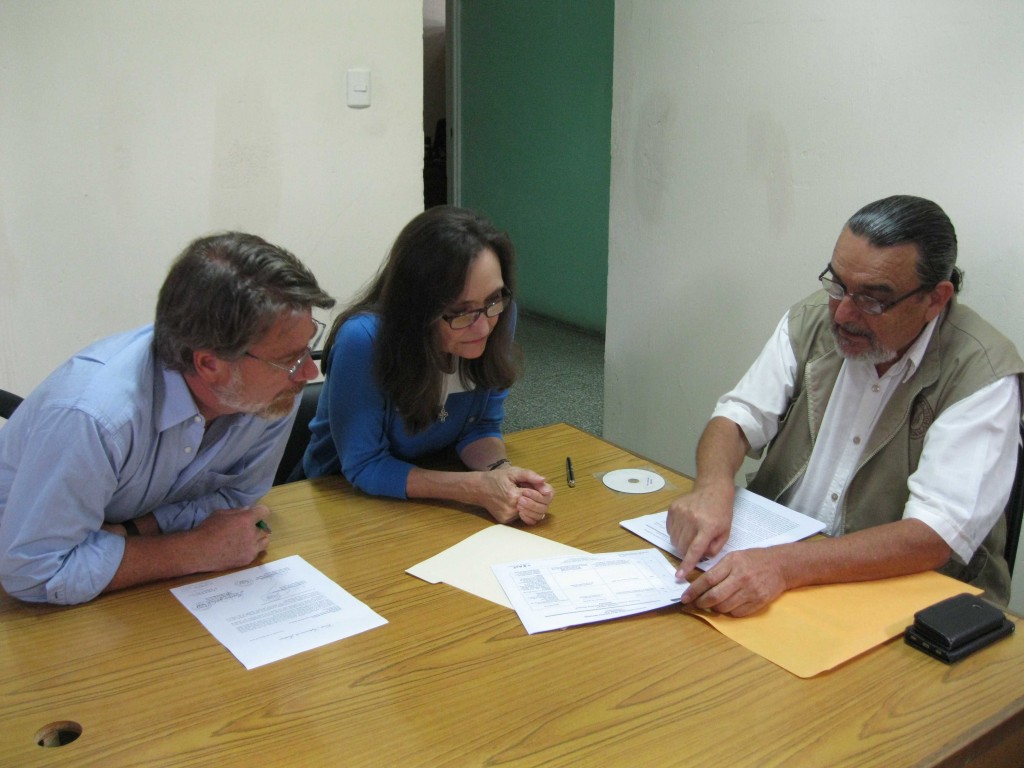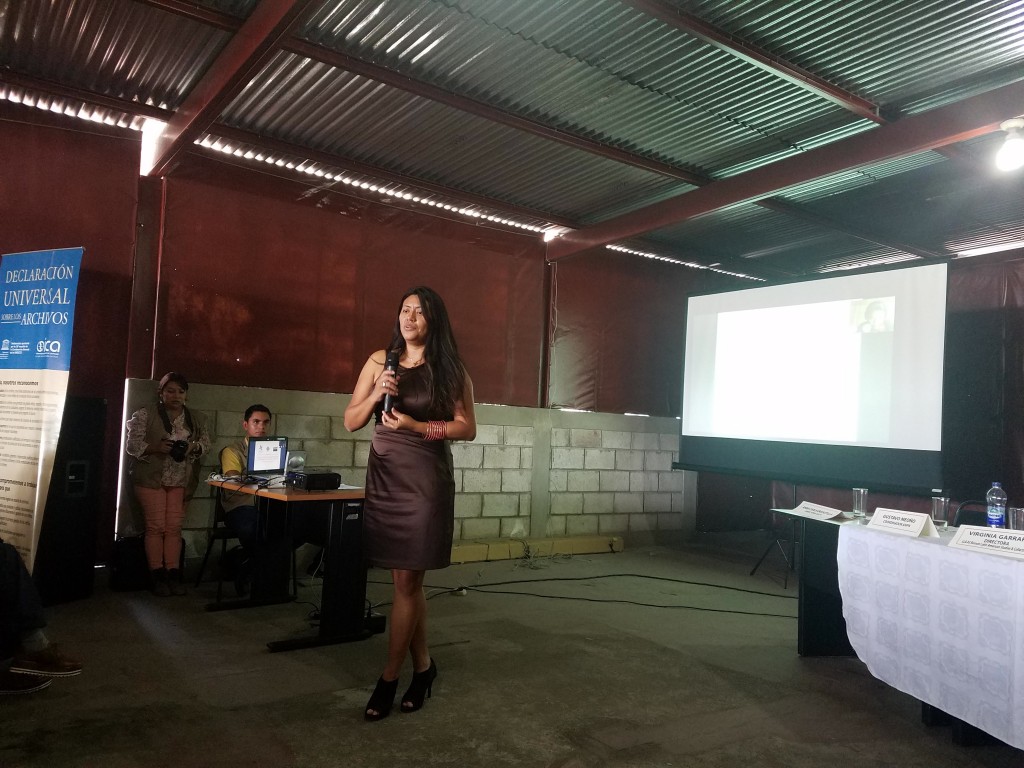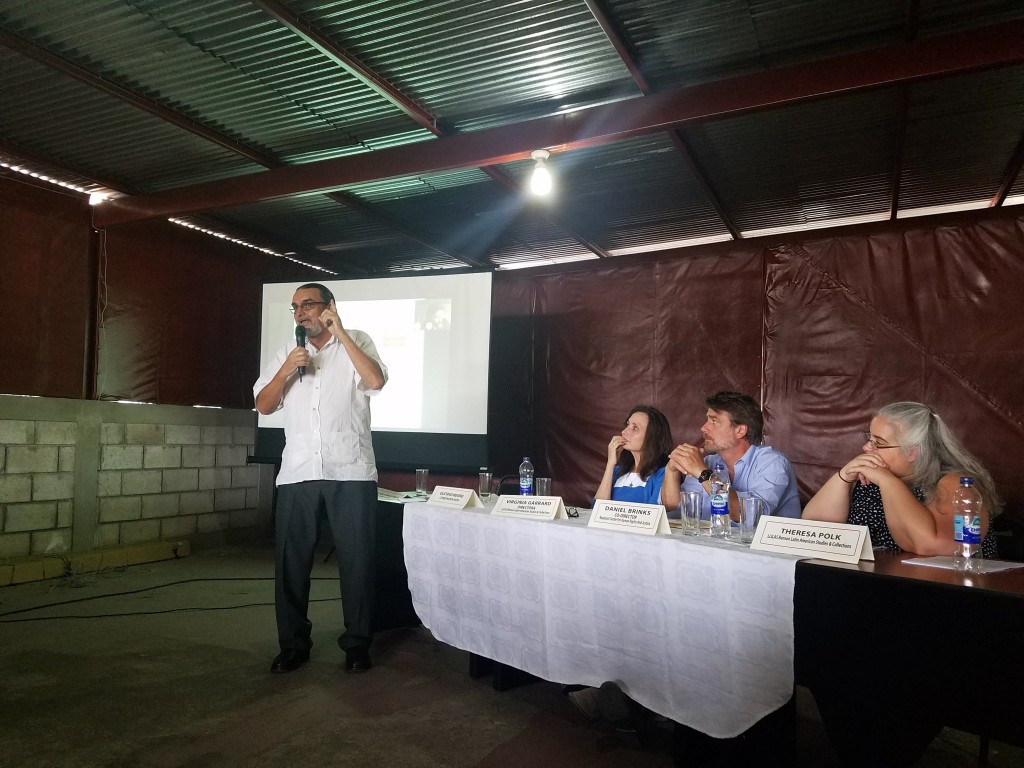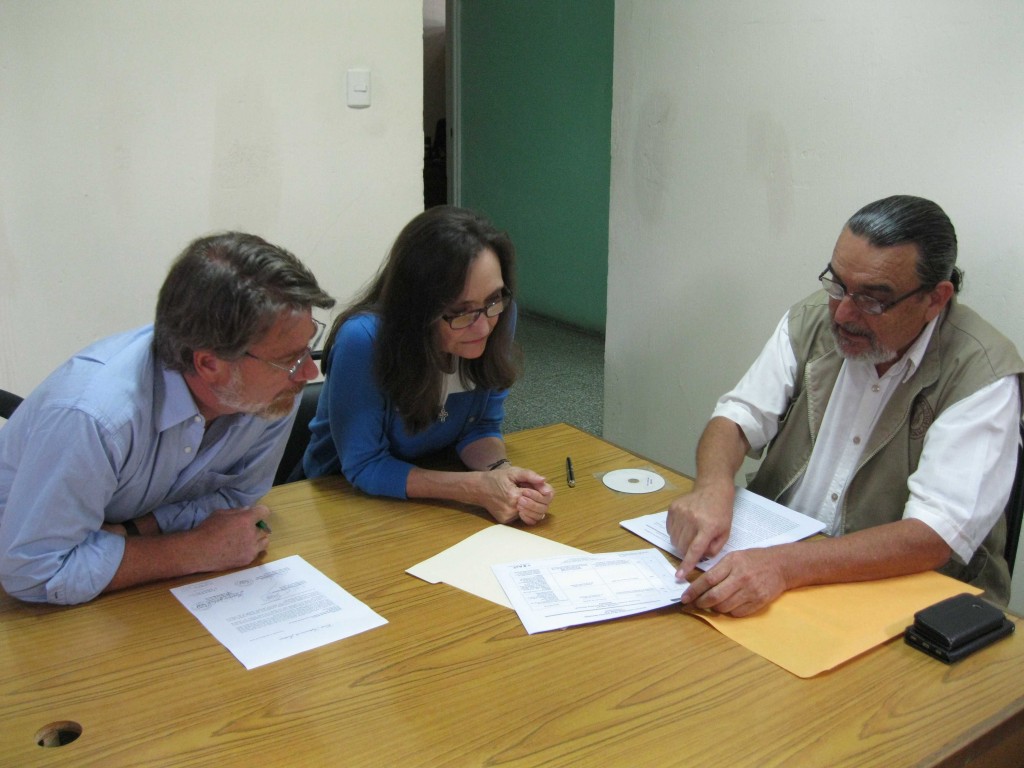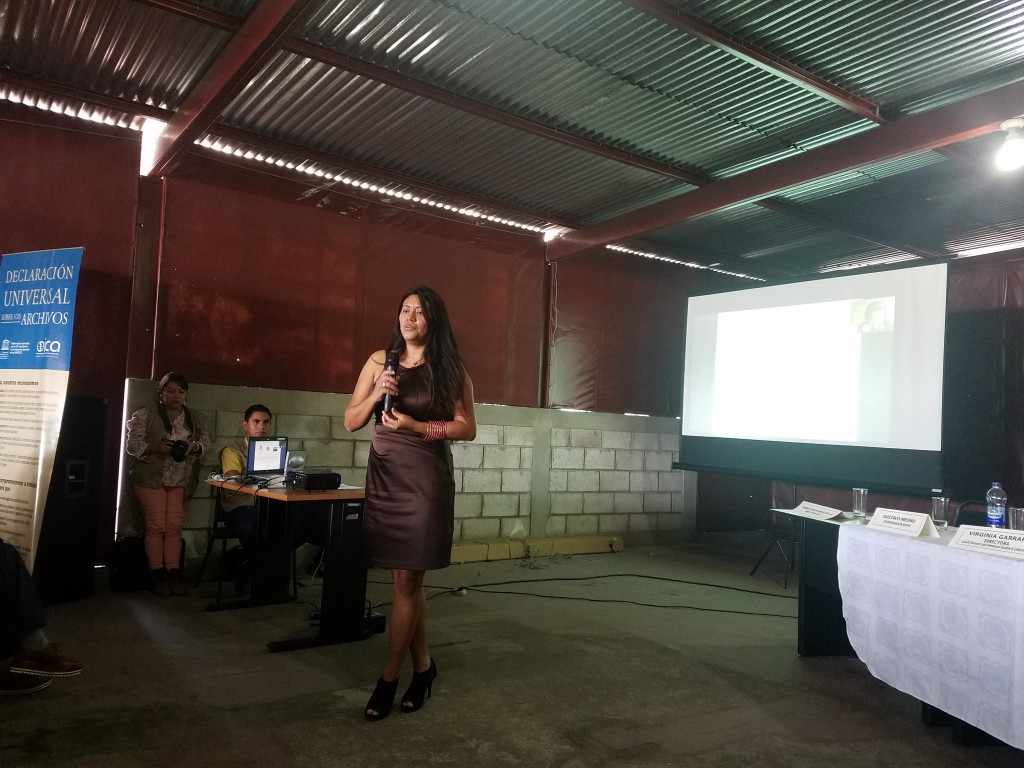By Albert A. Palacios, LLILAS Benson Digital Scholarship Coordinator
Over the summer, LLILAS Benson and El Salvador’s Museum of the Word and the Image (often referred to by its acronym, MUPI, for Museo de la Palabra y la Imagen) added yet another digital initiative to their long-standing partnership. Since 2012, the two institutions have worked closely to digitize archival materials related to the Salvadoran Civil War (1980-1992), thanks to the generous support of the Andrew W. Mellon Foundation. While continuing these efforts, this time around the collaboration explored the potential of digital humanities tools to showcase one of MUPI’s most visually compelling collections—embroidered refugee accounts.

Testimonies of human rights violations come in different forms, and MUPI’s founder and current director, Carlos “Santiago” Henríquez Consalvi, has actively sought to preserve the diversity. Soon after the signing of the 1992 Chapultepec Peace Accords that ended the Salvadoran Civil War, Santiago directed a campaign to rescue cultural heritage created prior to, during, and after the armed conflict. This has included political propaganda, periodicals, and the Radio Venceremos station recordings. Since its formal foundation in 1999, MUPI has continued this preservation and expanded its collecting and educational scope to include various topics in Salvadoran culture and history.
Its most recent growing collection—and the focus of this newest collaboration—consists of remarkable embroidered testimonies created by refugee Salvadoran peasant women in Honduras during the civil war. These pieces were meant to communicate to the world the refugees’ lived experiences, with many of the textiles being sent to solidarity groups and organizations in Europe and Canada at the time. Thanks to a recent international campaign, over twenty artworks have been repatriated and sent to MUPI. Through community workshops in El Salvador’s countryside, MUPI has striven to renew appreciation for this cultural tradition, promoting the art form and subsequent collecting efforts through an exhibition titled Embroiderers of Memories in San Salvador.
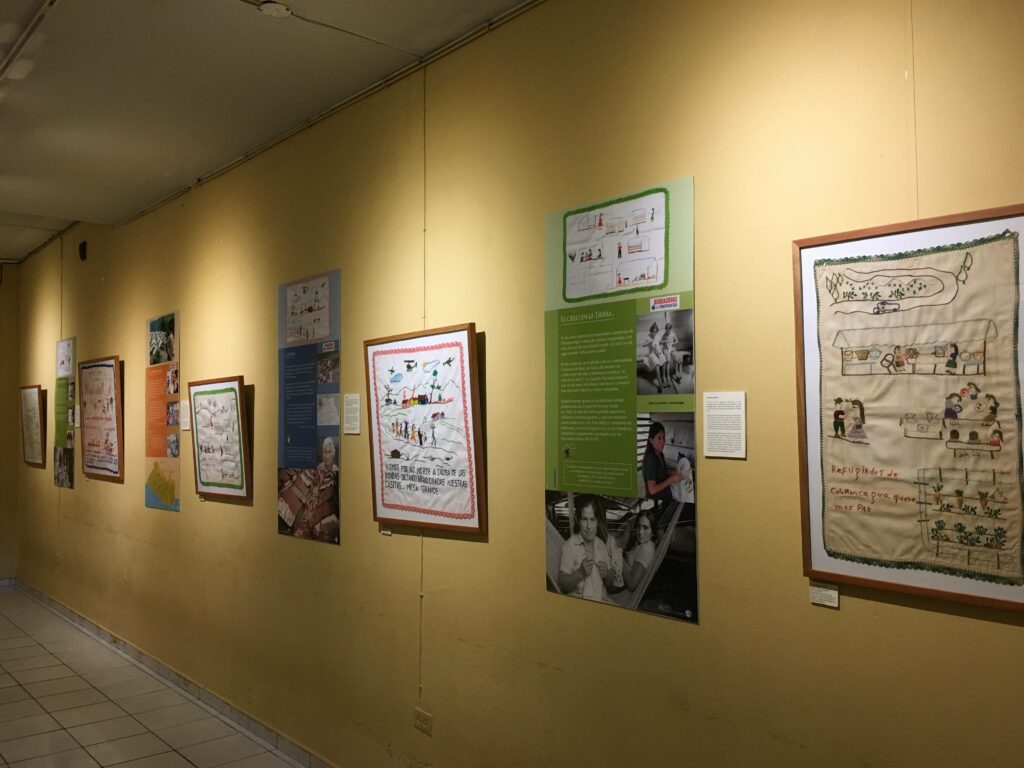
Now that the testimonies are making their way back home, MUPI is using digital technologies to continue the advocacy work these women began in the 1980s. In an effort to educate a broader and international audience, specifically El Salvadoran-descendant youth in the United States, the Museum worked with LLILAS Benson Digital Scholarship (LBDS) staff to recreate Embroiderers of Memories online. This past June, the LBDS team went to San Salvador and trained MUPI exhibition designer Pedro Durán on how to create digital exhibitions in LLILAS Benson’s Omeka platform so that he could reconceive his design online using working scans of the embroidery. The LBDS team also took the opportunity to introduce MUPI staff to other open-source digital humanities tools that could enrich MUPI’s active engagement with local youth groups.
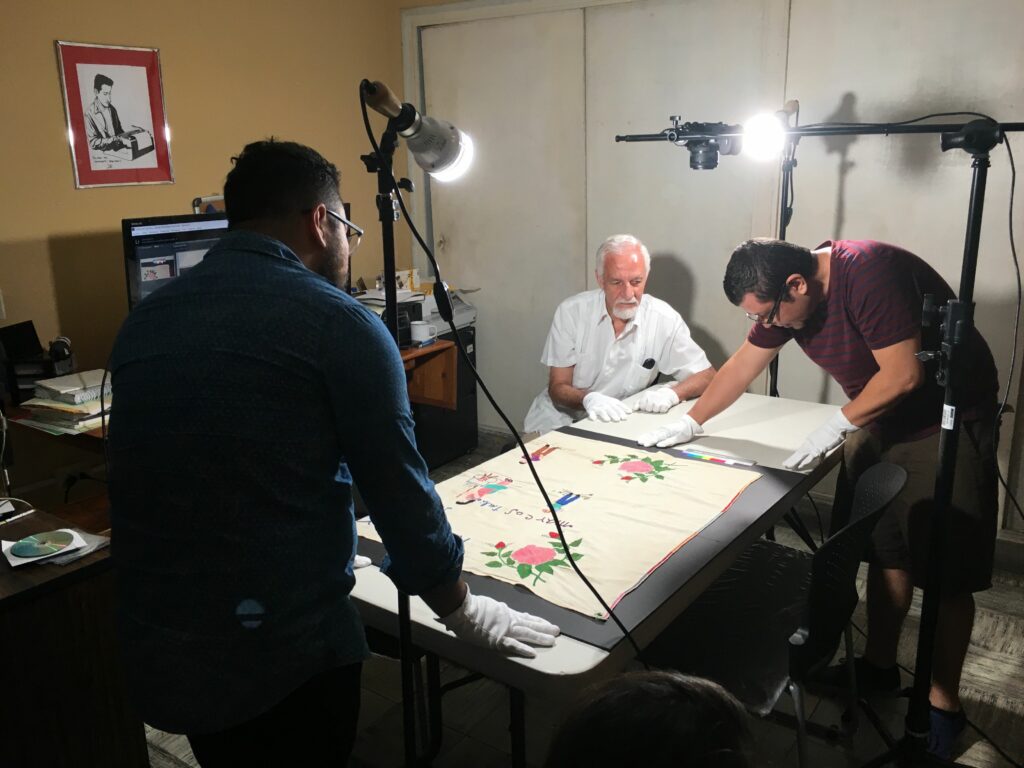
The visit also launched another post-custodial archival project for both institutions. The initiative required an entirely different approach to digitization and new equipment training, considering the size of some of these artworks; for example, the piece pictured at the beginning of this blog was over 8 feet long. Pre-trained by the Benson’s post-custodial (PC) staff, the LBDS team worked with MUPI staff to start the archival-quality digitization and item-level description of the embroidery collection. The PC team hopes to incorporate the collection into LLILAS Benson’s Latin American Digital Initiatives later this year, so stay tuned.
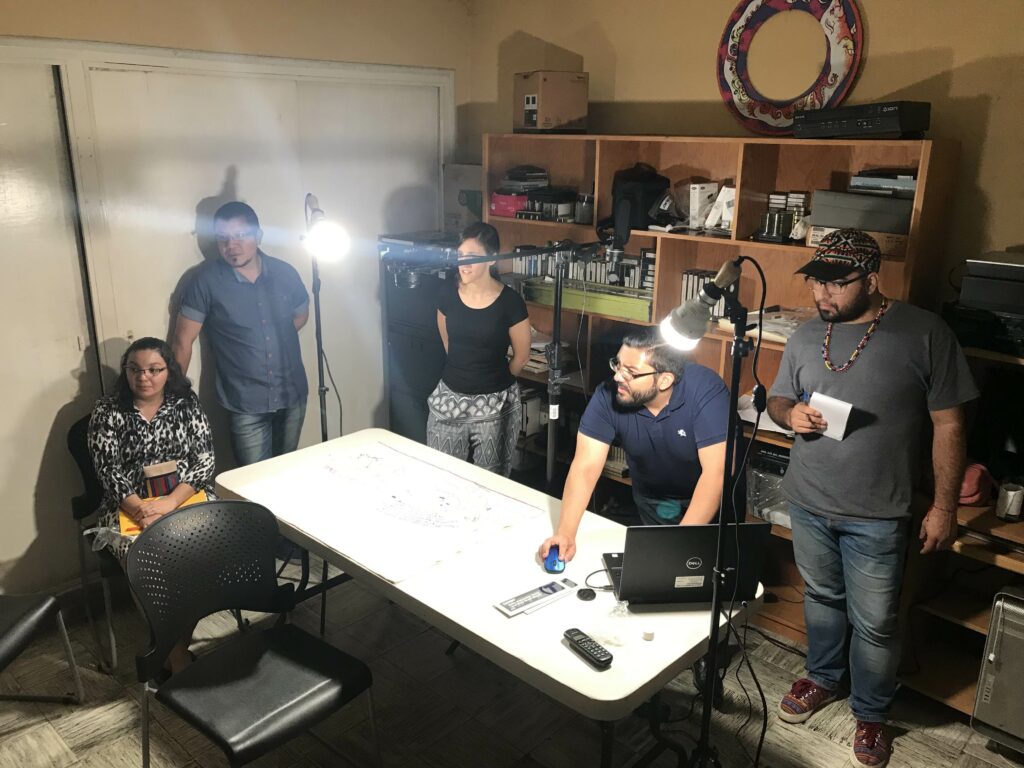
Project participants:

- Museo de la Palabra y la Imagen
- Carlos “Santiago” Henríquez Consalvi (MUPI Director)
- Carlos Colorado (Digitization Coordinator)
- Pedro Durán (Graphic Designer)
- Jakelyn López (Archive Coordinator)

- LLILAS Benson
- Dr. Jennifer Isasi (CLIR Postdoctoral Fellow)
- Albert A. Palacios (Digital Scholarship Coordinator)
- David Bliss (Digital Processing Archivist)
- Itza Carbajal (Latin American Metadata Librarian)
- Theresa Polk (Benson Head of Digital Initiatives)

